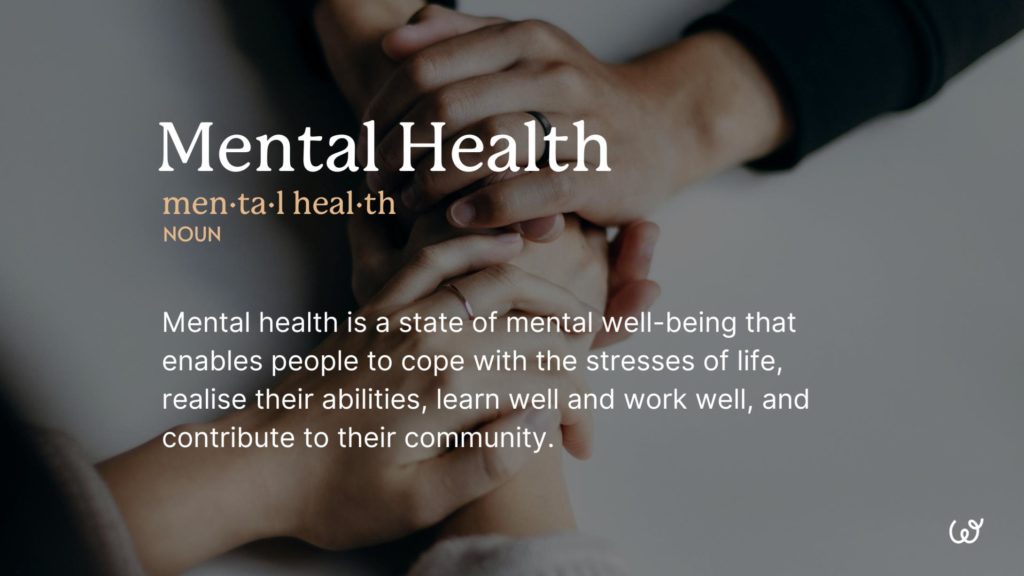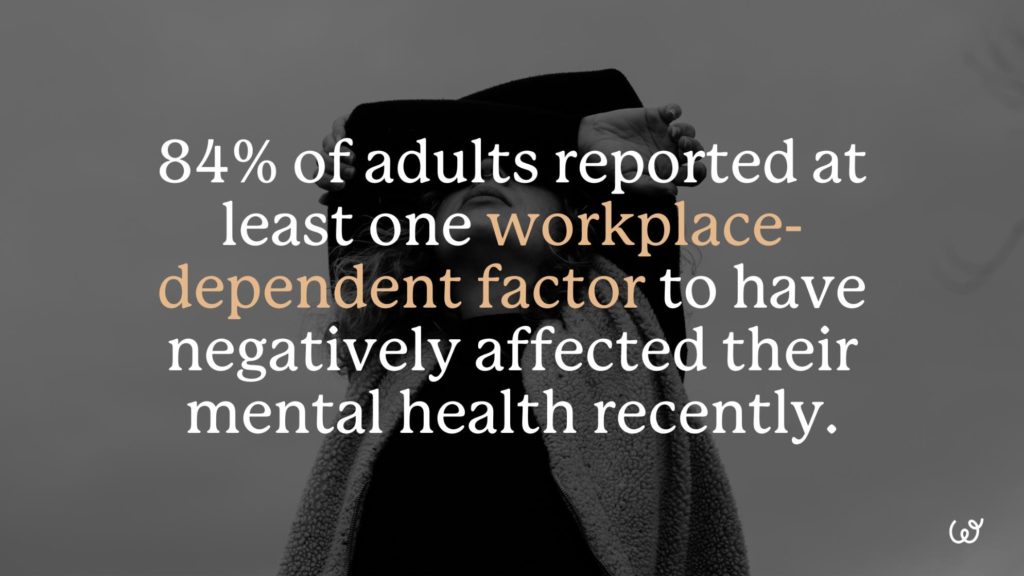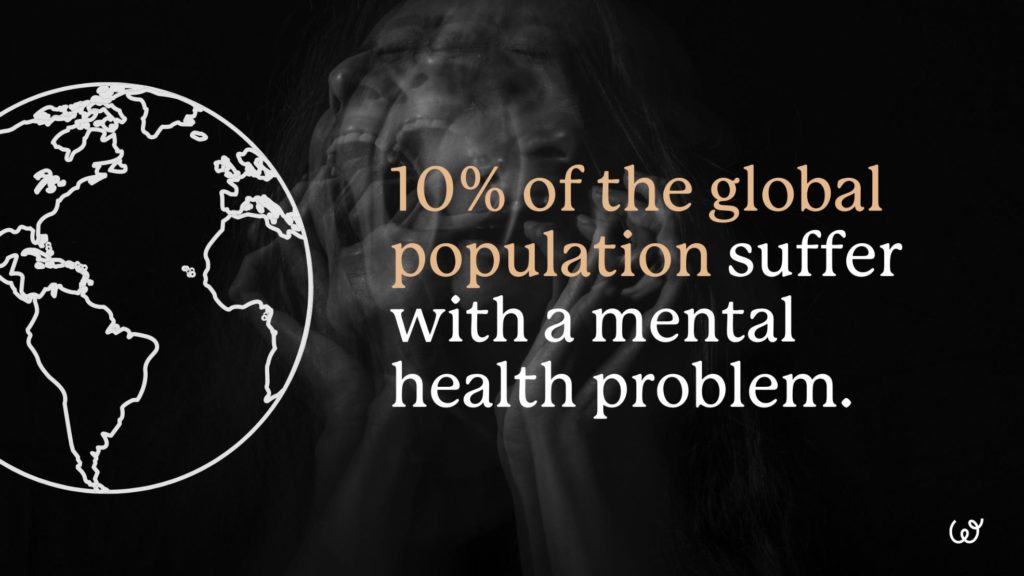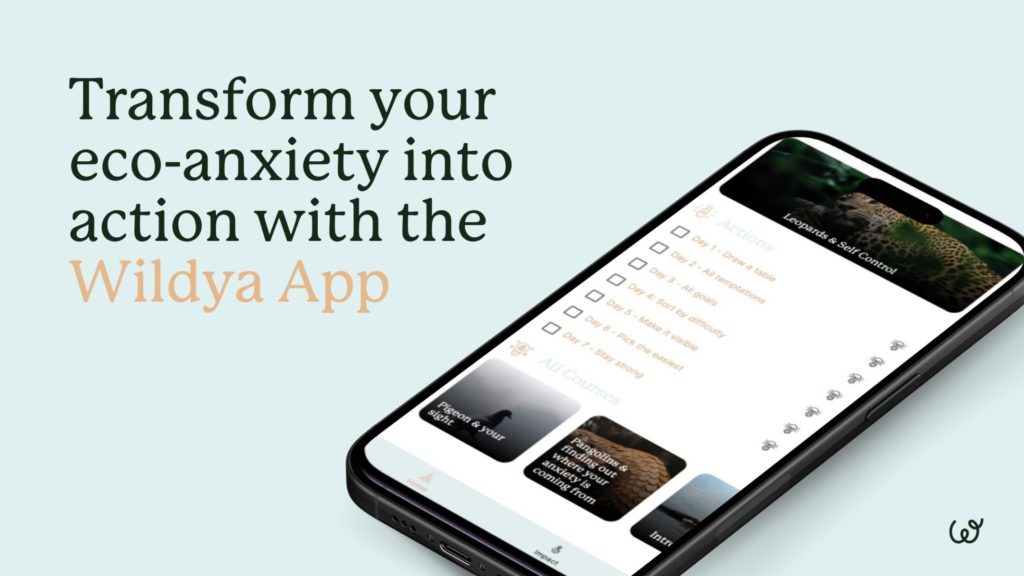Wondering how to promote mental health in the workplace is being asked more frequently in meetings worldwide. If you haven’t got it nailed already, don’t fret. Improving mental health at work couldn’t be easier with our support.
Unsurprisingly, happy and healthy team members perform better. However, it’s important to understand and recognise the negative effects of mental health, just as much as the positive. In 2019, 970 million people globally were living with a mental disorder; so it is something we certainly can’t choose to ignore.
In today’s world, employee mental health shouldn’t be a taboo. To attract high-performing employees, companies must make employee wellbeing a number one priority. Promoting a culture of collaboration, and mindfulness is crucial. Below, we unveil unique insights and valuable recommendations to help you better promote mental health in the workplace.
Why is employee mental health important?
Mental health is not something employees can leave at the office doorstep

Mental health already consumes the personal lives of SO many individuals.
10% of the global population to be precise.
And so it would be unreasonable to assume that these emotions are left at the doorstep each morning when the workday starts. Just as we nurture our environment to promote growth, fostering a supportive workplace culture that acknowledges and supports mental well-being is essential. Ignoring any concerns can lead to wilted productivity, disengagement, and even burnout. They usually say ‘ignorance is bliss’, but it is in fact a vicious cycle that will eventually bite you in the a** if you don’t act now.
Happy and healthy team members perform better as they are more productive
If our forests die, so will 80% of all amphibian species, 75% of all bird species, and 68% of all mammal species. Why does this matter? Just as these species rely on a healthy ecosystem to survive, employees need a supportive culture of positive wellbeing to thrive.
A recent study showed that 26% of employees are less likely to report any mental health symptoms when they feel supported in their workplace. They also hold higher job satisfaction and intentions to promise longevity at their company.
Mentally fit employees are more resilient toward challenges
When we are in a good mental and emotional state, you’ll see that our wellbeing reflects in our approach to work. You show strength, elasticity, and flexibility. Dealing with challenges is a breeze.
Yet poor mental health can make utilising the behavioral skills that tap into your creativity and resilience more challenging. It can lead to a decrease in focus, motivation, and persistence. Without these skills, we struggle to perform well in our jobs. We lack the basic psychological resources that help us to stay rooted in even the fiercest of storms.
Employee-centric businesses have more chances to grow and thrive
By placing employees at the heart of your operations, businesses create an environment where employees feel valued, empowered, and motivated to contribute their best efforts. While mental health issues increase, working for a people-centric organisation is an aspect that becomes a top priority for employees. This approach not only enhances performance but also boosts talent retention!
Trust us, invest in initiatives such as professional development opportunities, work-life balance, and building a culture of open communication and inclusivity. In no time, your business will cultivate a workforce that is engaged, motivated, and dedicated to its success. It’s a win-win!
Poor mental health can result in employee burnout
Burnout, a state of physical and emotional exhaustion, can manifest itself in the form of stress, isolation and procrastination.
An overwhelming 84% of adults reported at least one workplace-dependant factor to have negatively affected their mental health recently. Unsurprisingly, the most common factor was emotionally draining and mentally taxing work.
The ‘hustle’ culture has recently been exacerbated by social media leading to poor mental health, and increased employee burnout. As a result, it’s a look that is definitely not as glamorous as influencers make it, and employees must be discouraged to sustain this lifestyle by prioritising their positive mental wellbeing.

How is eco-anxiety affecting mental health in the professional environment?
Eco-anxiety is a rising mental health issue worldwide
Understanding eco-anxiety symptoms can feel like navigating through uncharted waters at times. We get it, the emotional distress triggered by the perceived or real impacts of climate change can certainly cause friction in the workplace.
In such instances, promoting a supportive workplace culture is crucial to encourage open communication and empathy. Start by challenging your team to take our eco-anxiety quiz and sharing their results with colleagues! This will help team members feel less alone in their struggles.
Eco-anxious employees tend to lose purpose and motivation more easily
Feelings of demotivation are common amongst those experiencing climate anxiety. It can cause individuals to feel they’re wasting time at work when they could be contributing more meaningfully to the planet. Can we blame them for simply caring, though?
Understanding its root causes and implementing strategies to boost motivation can significantly impact transforming eco-anxiety.
Team members with eco-anxiety might isolate themselves from others
The unbearable weight of eco-anxiety can lead to feelings of alienation that causes individuals to retreat into their own thoughts and emotions. Warning signs are: less participation in work activities, reduced interaction with colleagues, and shorter attention span in meetings or group scenarios.
In such instances, acknowledging and addressing eco-anxiety within the team can create an environment where individuals feel supported and understood. This will reduce the likelihood of isolation and promote collective well-being. Teamwork makes the dreamwork!
Eco-anxiety affects your employees’ cognitive capacity
Eco-anxiety can entwine thoughts like a tangled vine, leading to distraction, reduced productivity, and feelings of frustration or inadequacy in a professional environment.
Unfortunately, it doesn’t stop there. It also makes it challenging to focus on tasks that require your full attention. This is also known as cognitive exhaustion. When your mind is preoccupied with exhaustive thoughts and worries about climate change, what else can you expect?
Ignored eco-anxiety can lead to burnout
Thinking about burnout in the context of eco-anxiety is a hot topic at the moment, and you should absolutely validify it as a contributing factor to poor mental health in the workplace.
It can pave the way for burnout in many ways:
- Employees might feel pressured to work around the clock to compensate for global inaction.
- When your employees’ personal values don’t align with your company’s actions.
- If they don’t feel recognised for the positive progress your business is achieving.
- When they feel like your company isn’t taking sufficient action to address global challenges.

How to promote mental health in the workplace?
Provide your employees with sufficient mental health tools
The most essential movement an employer can make is offering further resources for mental health overall, whilst inclusively for those that may require mental health support too.
The tools don’t provide a diagnosis but instead help explore if further assessment or resources would be beneficial to your team. Start by exploring our entire wild toolkit here.
Make employee mental health a core component of your culture
Unfortunately, even organisations with the best mental-health benefits may not see much uptake if their culture doesn’t possess a mentally healthy culture. It’s as easy as promoting autonomy, establishing boundaries, and relishing a positive space for communication.
91% of respondents believe that a company’s culture should support mental health. Training employees of all levels to recognise and understand the importance of it will help build a culture where employee mental health is a core component. You can’t tell someone how to think, but you can certainly influence a positive culture through constructive conversations and implementing policies.
Check in on your team members and encourage conversations about mental health
A simple ‘how are you doing?’ goes a long way.
We understand though that everyone is different and will share differently to others. We suggest looking to provide resources such as mental health workshops, access to counseling services, and promoting open dialogue through regular check-ins. This can help break down the stigma around mental health.
Additionally, harnessing a non-judgmental environment where employees feel safe to share their experiences and concerns without fear of discrimination can go a long way.
Remember your employees are the backbone of your business
Employees drive innovation, connect with customers, adapt to change, cultivate culture, and serve as passionate brand ambassadors. And you still don’t put their mental health first?
To put it simply, employees aren’t just the backbone of our business. They are the heart, soul, and driving force behind everything you do.
Taking care of your team’s mental and physical wellness is a priority to enhance employee satisfaction. They’re the dynamic force that excels your business forward. Especially in the current, ever-evolving landscape.
Consider bringing nature in or taking your employees out
A staggering 91% of adults agree that green and natural spaces positively contribute to our mental health. Yet, in today’s urbanised world, it’s easy to feel disconnected from nature. Studies suggest that working in a biophilic environment, where nature is seamlessly integrated into the workspace, offers a mountain of benefits.
However, it isn’t just about creating a beautiful workspace; it’s about nurturing a healthier, happier, and more productive workforce. All whilst fostering a deeper connection to the natural world. Just like a breath of fresh air, biophilic environments have been shown to reduce stress levels, boost mood, and enhance overall well-being. See recent data that links nature and mental health in our recent article here.
How willWildya help you improve mental health at work?
Wildya gives employees access to a modern and people-centric mental health support resource

Looking for mental fitness coaching that actually works? Drop your therapist and turn to the best research & development tool in the world: nature.
If you are looking for a great starting point to help your employees with their eco-emotions, sign your team up to the Wildya community. Join other learners seeking to understand their own eco-anxiety, receive top level coping techniques, and learn how to funnel anxiety into action through our bespoke training.
Wildya is made to help employees with all levels of eco-anxiety
To kickstart your journey, encourage employees to take our exclusive eco-anxiety quiz. The results are a starting point which will enable you to determine which type of support they need.
Forget endless theory, you need to focus on daily action. Our top secret cheat code is nature; we use it as a storyteller in our Wildya app.
Wildya is accessible from anywhere, and at any time, to boost your employees’ morale
Listen to this: invest less than 7 minutes a day and start to see improvements in not only your mental fitness, but nature too.
It’s as easy as that when our eco-anxiety-to-action converter is ready in your pocket; any time, any place.
Wildya offers a safe space for your employees to talk about climate anxiety
Once upon a time, our Eco-allies community was born. A safe place for your employees to combat these feelings, and meet a tribe of like-minded people.
The opportunities it brings are endless: share best practice, vent from all the BS, find high-impact resources, feel heard, and most importantly, be able to grow together by taking collective action.
Wildya enables your team members to turn their eco-anxiety into action
We have a wild vision where we want to see a world that thrives from a wealth of wildlife and happy people. To ignite this vision, we not only became a partner that combats your eco-anxiety through effective mental fitness coaching; but uses your commitment to nature-based learning to protect and restore nature, 1 m² at a time. It’s a treble win for you, your employees, and the planet.
It starts at one course per week, tailored to each employee. All they need to do is show up.
As society evolves, so do employee attitudes toward mental health. While employers are stepping up their efforts, employees rightfully expect more. The future of workplace mental health relies on culture change, communication, compassion, and sustainable work practices.
Burnout, isolation, and stress are all too common negative reflections of an individual’s mental wellbeing. It’s no wonder that resilience, performance, and the ability to collaborate in a workplace setting is severely impacted by poor mental health.
Mindfulness, good leadership, and providing a safe space for communication are great places to start. Hopefully, you’ll no longer be wondering how to promote mental health in the workplace, and instead start by acknowledging the diverse experiences employees face to improve mental health at work.
Combat the stigmas around mental health with the Wildya community. Take charge of your team’s eco-anxiety by trusting in the true power of nature.
Sources:



